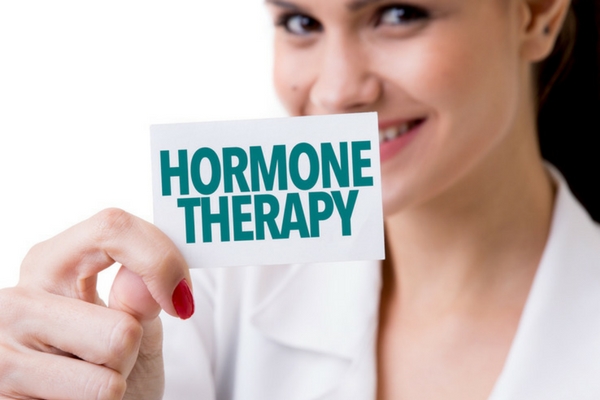Despite the health risks associated with hormone therapy, it’s still considered the most effective way of treating menopausal symptoms. According to Integrated Family Medical Center, the benefits of systemic estrogen outweigh the risks. Women who experience the following can consider hormone therapy treatment.
- Bone mass loss and can’t tolerate their bone mass treatment or are not seeing any improvement.
- Experience severe or moderate hot flashes and other menopause symptoms
- Stopped experiencing menstrual periods before attaining 40 years or women who lost the normal function of their ovaries before they reached 40 years
Women undergoing early menopause or those whose ovaries were removed and didn’t start hormone therapy until attaining 45 years have a high risk of:
- Earlier death
- Heart disease
- Osteoporosis
- Depression or anxiety
- Parkinson’s like symptoms
Women who reach menopause early enjoy protective benefits that outweigh the risks. Your type of menopause and age play an integral role in your hormonal therapy treatment. Talk to the doctor concerning your personal risks.
Who Shouldn’t Recieve Hormone Therapy?
Women who have been diagnosed with breast cancer, blood clots in their legs or lungs, ovarian cancer, unexplained vaginal bleeding, endometrial cancer, stroke, or liver disease shouldn’t undergo hormone therapy.
If the menopause symptoms don’t bother you or started menopause at 45 years, then you don’t need the treatment to remain healthy. Speak to your doctor to learn how to lower the risk of other conditions like heart disease or osteoporosis. Part of the strategies includes medication and lifestyle changes for long-term protection.
How to Reduce Risks When Undergoing Hormone Therapy
Consult your doctor concerning the strategies below.
Find Better Products and Delivery Method That Works for You
You can take your estrogen through a patch, pill, vaginal cream, gel, or a ring you put in your vagina. If you are only experiencing vaginal symptoms relating to menopause, then the estrogen in the ring, tablet, or low-dose vaginal cream is the perfect choice for you. It works better for you than a skin patch or pill.
Take Minimal Medication Amount
Use the least effective dose for the least time needed to treat your menopause symptoms. Only those younger than 45 years need enough estrogen for protection against expected long-term effects of estrogen deficiency. The doctor only recommends a longer treatment term if your menopause symptoms are impairing your quality of life.
Go for Regular Follow-Up
This ensures that your hormone therapy benefits still outweigh the risks. You also undergo screenings like pelvic exams and mammograms.
Choose Healthy-Lifestyle Choices
These include exercise and physical activity. Plus, consuming a healthy diet, avoid smoking, and maintain a healthy weight. Other things to observe include cholesterol levels, manage chronic health conditions, and high blood pressure.
For effective hormone therapy treatment, the doctor will advise you on the suitable delivery method that gives you convenience and the most benefits with the least cost and risks.
When to Stop Hormone Therapy Treatment
You can stop the treatment gradually after your menopause symptoms stop. However, you may still need treatment for vaginal dryness or to prevent brittle bones (osteoporosis). You can use lubricants and creams for vaginal dryness. Consult your family health specialist to learn more.

Leave a Reply